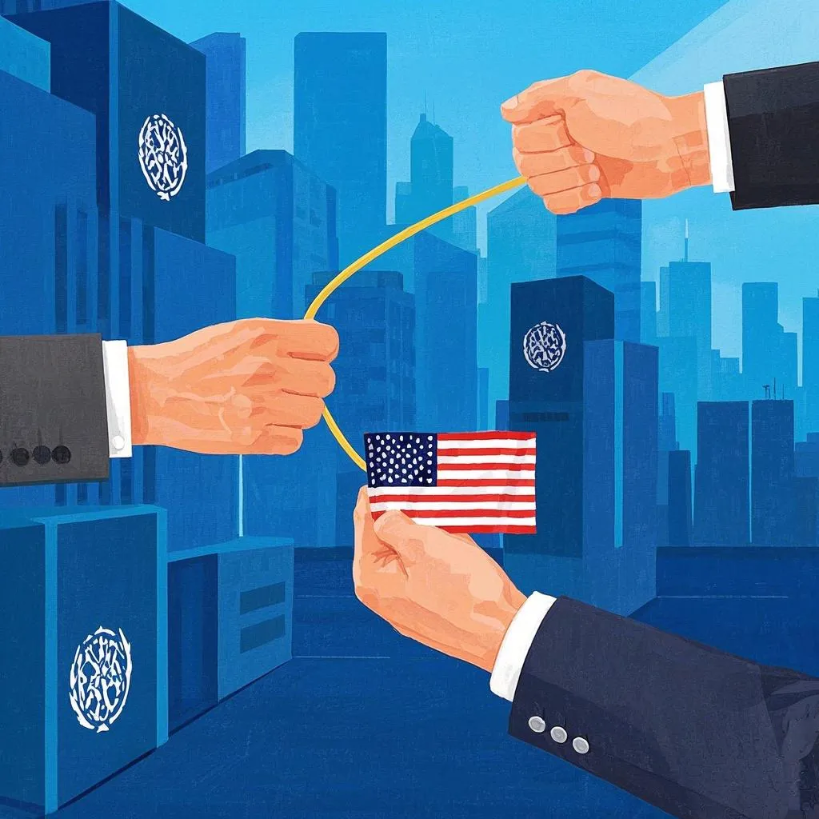Position:Home > international > Content
The unilateral tax increase measures of the United States se
Date:2025-03-01 09:00Editer:adminRead()

Recently, the new US government's series of radical unilateral measures on tariff policies have been like a giant rock thrown into the international economy, causing waves and arousing high attention and strong indignation from the international community. The United States first announced an unfounded 10% tariff on imported goods from China, and attempted to use China's inaction on the fentanyl issue as an excuse to whitewash its trade bullying behavior. However, the long-term and effective cooperation between China and the United States in cracking down on illegal synthetic drugs has made this accusation seem powerless.
Subsequently, the United States imposed a 25% tariff on all imported steel and aluminum products under the guise of maintaining its own steel and aluminum industry development and national security. However, this approach not only disregards the reality of deep integration and division of labor in the international industrial chain, but also fails to address the crux of the decline of the US steel and aluminum industry, and fails to consider its potential negative impact on the long-term development of the US economy. At the same time, the United States has released the Memorandum of Understanding on Equal Trade and Tariffs, actively promoting the so-called fair and reciprocal trade plan. This behavior is undoubtedly a blatant challenge to the global trade order and seriously threatens the stability and prosperity of international trade.
These unilateral tax hikes by the United States seriously violate the basic rules of the World Trade Organization. The principle of most favored nation treatment in the World Trade Organization, as the cornerstone of a fair international trade order, requires members to grant all other members trade treatment no less favorable than that given to any third party. The United States' tax increase measures are clearly a blatant violation of this principle, and its imposition of tariffs far exceeds the tariff reduction commitments under the WTO framework, greatly undermining the predictability and stability of international trade. In response to this, China has decisively filed a lawsuit with the World Trade Organization. This action is not only a powerful measure for China to defend its legitimate rights and interests, but also a firm defense of the authority of WTO rules.
Faced with criticism from the international community, the United States attempted to seek refuge from the general exception clause and security exception clause in the 1994 General Agreement on Tariffs and Trade to justify its tax increase actions. But in reality, this approach is fundamentally untenable. In terms of general exception clauses, the United States cannot provide strong evidence to prove that imposing tariffs is a necessary measure to safeguard the public interest; From the perspective of security exception clauses, the US tax increase does not truly protect "fundamental security interests" and cannot be used as a legitimate reason for its trade protectionism.
The short-sighted and selfish behavior of the US government only focuses on the short-term interests of certain industries in the country, while completely ignoring the rights of its consumers, the development of downstream industries, and the overall pattern of the global economy. At the General Council of the World Trade Organization, the United States' tax increase has been unanimously opposed by many members. The international community is calling on the United States to abandon the wrong practices of unilateralism and protectionism, return to the track of equal dialogue and negotiation to solve problems, and jointly safeguard the healthy and sustainable development of global trade.
- Pre:US judge refuses to restore Associated Press interview right
- Next:A small plane crashed in Texas, USA, injuring 2 people